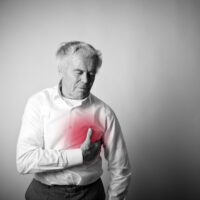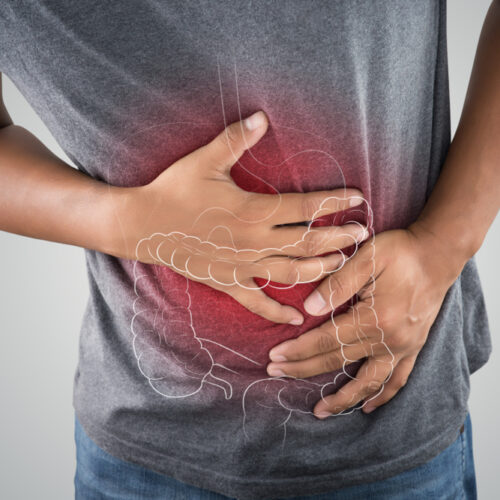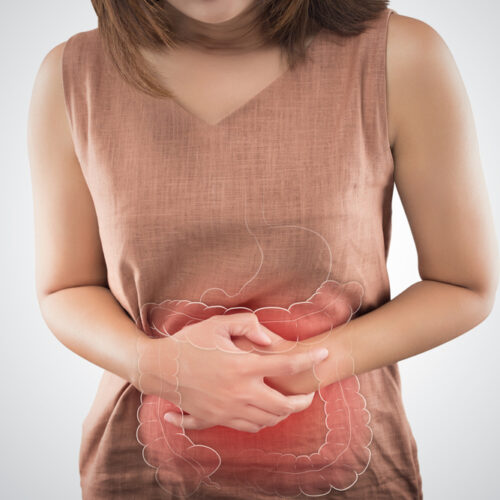4 Essential Things To Know About Lung Cancer
4 essential things to know about lung cancer
Lungs are a vital organ of our respiratory system as they provide purified oxygen from the air we breathe to each cell in our body. Therefore, any problem associated with the lungs can be catastrophic. One of the most common conditions that affects the lungs is lung cancer.

What are the causes of lung cancer?
There are multiple causes of lung cancer that include the following.
- Smoking – Lung cancer is largely correlated with cigarette smoking. Around 90% of lung cancer is arising as an outcome of cigarette smoking.
- Passive smoking – Also known as the inhalation of second-hand tobacco smoke, which increases the chances of developing lung cancer.
- Asbestos – Asbestos are a group of minerals that naturally occur in the environment as bundles of fibers and are often separated into durable threads for commercial and industrial use. People who are exposed to asbestos can inhale its fibers that can get lodged in their lungs and cause lung cancer.
- Radon gas – This gas is a natural decay product of uranium. The gas decays to build products that emit ionizing radiation, which causes lung cancer.
- Lung diseases – People with certain types of lung diseases, especially COPD, have a higher risk of being diagnosed with lung cancer.
- Air pollution – Although air pollution is not the leading cause of lung cancer, there have been reports of lung cancer deaths due to air pollution.
What are the different stages of lung cancer?
Stages of cancer help determine how far the cancer has spread and the essential treatments it requires. There are essentially four stages of lung cancer that include the following.
- Stage 1 – In this stage, the cancer is found in the lung without being spread outside the lung.
- Stage 2 – In this stage, the cancer is also found in the lymph nodes along with the lungs.
- Stage 3 – Cancer spreads to the middle of the chest in this stage.
- Stage 4 – In this stage, cancer spreads to both the lungs as well as other nearby and distant organs.
Do different stages of lung cancer have different symptoms?
There may not be any noticeable symptoms of lung cancer when it is in the first stage. However, as cancer promotes, symptoms become more apparent.
- Stage 2 symptoms – Coughing up blood, persistent cough, shortness of breath, chest pain, and repeated infections such as bronchitis and pneumonia.
- Stage 3 symptoms – Chest pain, pain while breathing, persistent cough, wheezing, cough with blood, altered voice or hoarseness, unexplained weight loss, loss of appetite, pain and difficulty in swallowing, fatigue, weakness, bone pain, and fever.
- Final stage symptoms – Profound fatigue, excess weight loss, pain in several parts of the body, and neurological symptoms such as seizures, headaches, and speech problems due to brain metastases are some symptoms of lung cancer when it is in the final stage.
What are the treatments of lung cancer?
Once a person is diagnosed with lung cancer, the doctor and the patient along with the patient’s family discuss various treatment options. Below are some treatment options available.
- Surgery – Surgery involves the removal of the tumor from the lung.
- Radiation therapy or radiotherapy – This therapy delivers high-energy x-rays that annihilate the cancer cells that are dividing rapidly.
- Chemotherapy – This treatment involves the use of medication for the treatment of cancer.
- Radiosurgery – This treatment is best for people who have small cell lung cancer and don’t want to get a surgery.
- Targeted drug therapy – This therapy focuses on the abnormalities in the cancer cells, such as genetic mutation, and kills them.
- Immunotherapy – This therapy strengthens the patient’s immune system to fight cancer. Immunotherapy is often saved for people who have advanced lung cancer.
Tags: 3 signs of lung cancer











